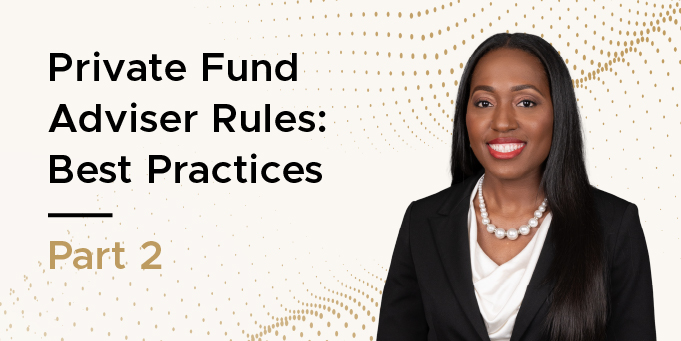
Trends Watch: Volatility
- Published
- Nov 19, 2020
- Share
EisnerAmper’s Trends Watch is a weekly entry to our Alternative Investments Intelligence blog, featuring the views and insights of executives from alternative investment firms. If you’re interested in being featured, please contact Elana Margulies-Snyderman.
This week, Elana talks with Michael Melissinos, Founder & CEO, Melissinos Trading.
What is your outlook for alternative investments?
Alternative strategies built upon diversification and adapting to trends stand to perform best going forward. In recent years, especially in 2020, we’ve seen event-driven volatility across many asset classes. Stocks crashed. Emerging markets foreign exchange crashed. Bitcoin crashed. We’ve seen many v-shaped bottoms and tops. Such extreme volatility and changes in trends put those who adapt in a better position to manage volatility and risk against catastrophic losses.
Government intervention has become more of the norm, but we still don’t know when it will occur. Strategies that eschew fundamental value stand to do better as well. We continually see many stocks and asset classes breach unimaginable values. Not participating in such trends, waiting for the pullback doesn’t work in this environment. It’s a momentum world.
What are the greatest opportunities you see and why?
Commodities. We have supply chains disrupted. We have endless money printing. We have economies coming out of lockdown and back to normal. Many commodities have been consolidating and declining for five-to-ten years. Volatility is compressed.
Precious metals have already started rallying. They’re mostly responding to the money-printing. Other commodities are starting to follow suit. Agriculture markets have recently begun making new 52-week highs.
What are the greatest challenges you face and why?
Handling headline-driven volatility as well as unexpected government intervention. When the Fed can print trillions on a whim, that’s scary. Sure it might have saved stocks from further collapse, but I worry about our capitalistic country (the U.S.). I worry about us becoming Japan where the Fed owns everything. We need to maintain the integrity of our free markets. If we don’t have free markets, how can we trust prices? Do we need more protections to ensure we don’t get blindsided by a surprise announcement? Do we have to scale back our risk-taking overall? The event-risk that exists today is scary.
The views and opinions expressed above are of the interviewee only, and do not/are not intended to reflect the views of EisnerAmper.
What's on Your Mind?
Start a conversation with Elana
Receive the latest business insights, analysis, and perspectives from EisnerAmper professionals.











